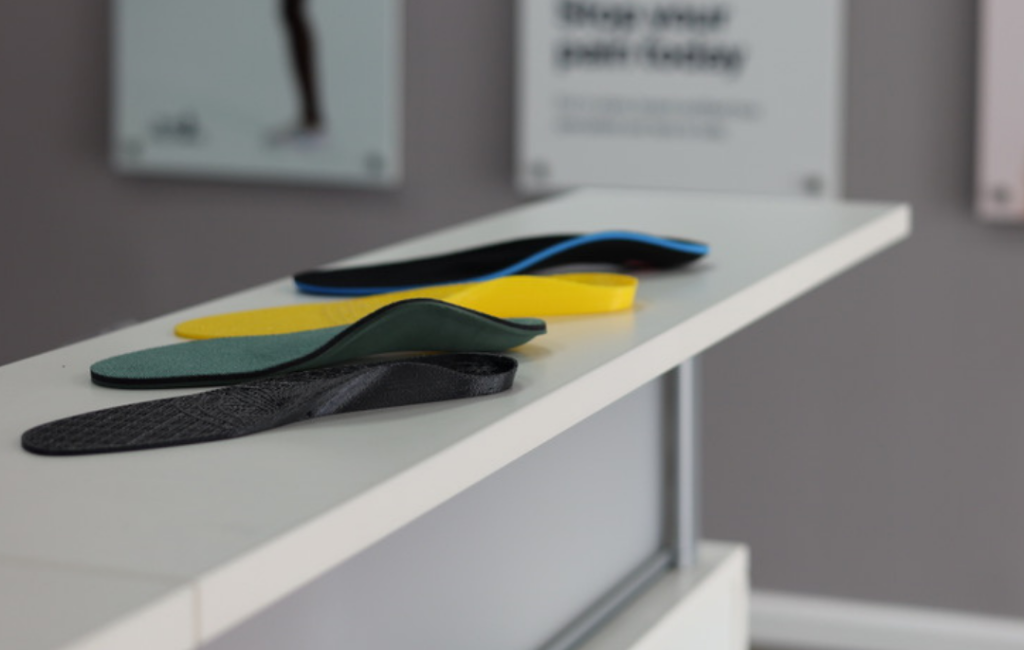SnagaStool – Reserve Bar Stools and Tables
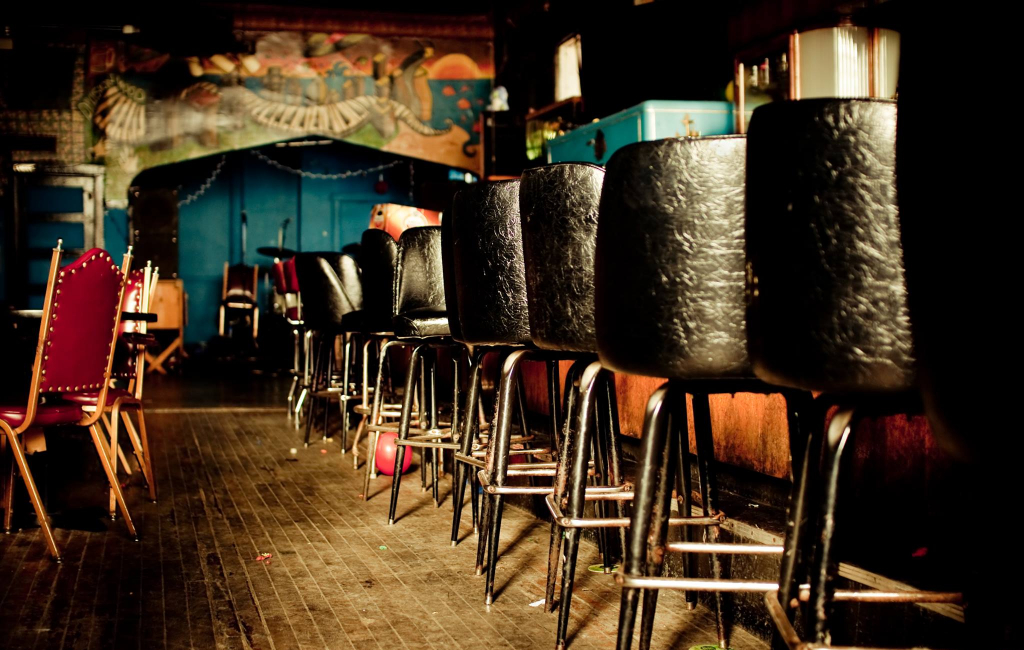
NO DEAL
EPISODE SUMMARY
🕓 Air Date: April 24, 2015
Asking For:
$120,000 for 18%
Investor:
No Deal
Deal:
No Deal
PRODUCT SUMMARY
SnagaStool is the first and only mobile app that allows users to reserve bar stools, ensuring they get the best seat at their favorite bar.
WATCH HERE
IN A RUSH?
Click these to jump to the section you want to read.
Background Story
SnagaStool, based in Boston, Massachusetts, emerged from the shared frustration of its founders, Jamie Manning and Dean Whitney, over the challenge of securing prime seating at busy bars. Both Manning and Whitney, passionate entrepreneurs, sought a solution to the perennial problem faced by bar-goers – the inability to guarantee the best seat in the house during peak hours. Their desire to enhance the overall customer experience at bars led them to conceptualize and develop the innovative SnagaStool mobile app.
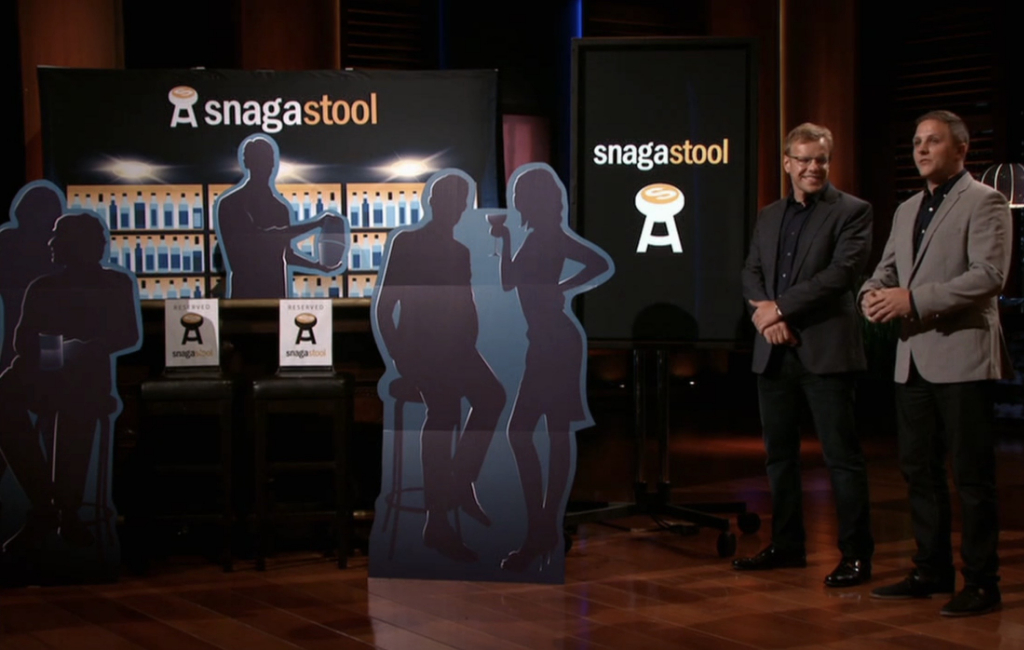
Jamie Manning, with a background rooted in entrepreneurship and a keen eye for identifying market needs, played a pivotal role in bringing the concept to life. His entrepreneurial spirit was fueled by a determination to address a common inconvenience faced by bar patrons. Dean Whitney, Manning’s partner in this venture, shared a similar passion for innovation and a commitment to creating a solution that bridged the gap between customers and their desired bar experience. The idea for SnagaStool originated when Manning and Whitney, avid bar-goers themselves, found it challenging to secure ideal seating during busy hours.
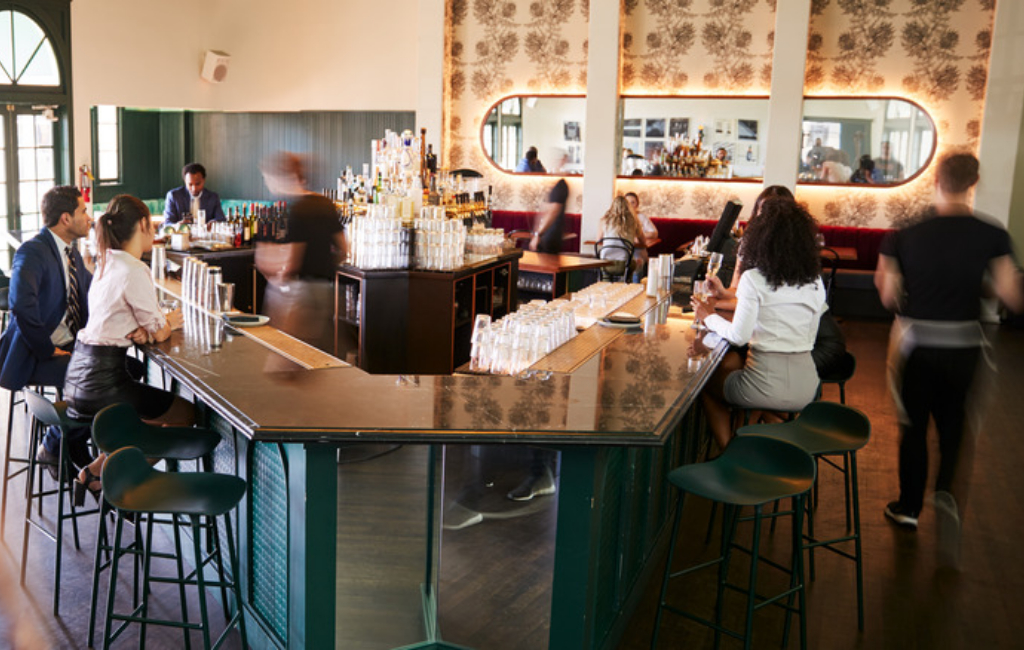
Recognizing the universal nature of this issue, they conceived SnagaStool as a mobile app that would empower users to reserve their preferred bar stools in advance. The app aimed not only to benefit patrons by ensuring a great seat but also to provide a valuable tool for bar owners to optimize their business during off-peak hours. With a vision to revive the personal connection between bartenders and customers, Manning and Whitney embarked on their entrepreneurial journey, launching SnagaStool in Boston. The app’s early partnerships with three local bars marked the initial steps toward proving the concept and showcasing the potential for a new way to experience bars.
The Product
SnagaStool introduces a revolutionary solution for bar enthusiasts, offering a mobile app designed to transform the way users experience their favorite watering holes. The functionality is straightforward yet impactful—users can download the SnagaStool app, select their preferred bar from the available options, and customize their reservation by specifying the date, time, and the number of bar stools needed.
This ensures that patrons secure the best seats in advance, providing an unparalleled level of convenience and enhancing their overall enjoyment at the bar. The app cleverly categorizes time periods as “peak” and “off-peak.” During off-peak times, bars have the opportunity to entice customers by offering incentives such as free drinks or appetizers, enticing patrons to fill otherwise empty stools.
SnagaStool not only benefits customers by guaranteeing prime seating but also provides a strategic tool for bar owners to attract clientele during slower hours. To use SnagaStool, customers simply need to download the app, create an account, and start reserving bar stools at their preferred establishments. The app operates on a charging model that allows bars to set prices based on hourly rates or specific events.
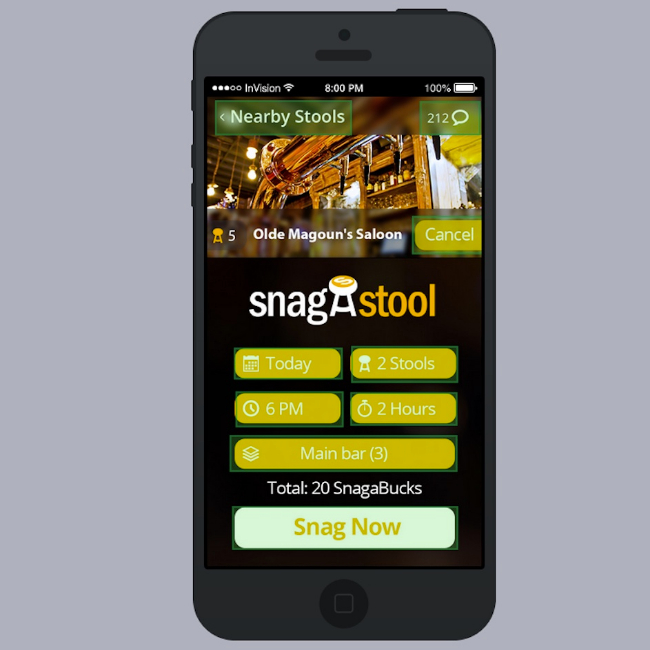
How It Went
The company’s position before Shark Tank
SnagaStool was in the early stages of its business journey, operating with a focus on proving its concept and establishing partnerships in the Boston area. The company had strategically partnered with three bars in a pilot program to test the viability of its innovative mobile app. It was evident that the company was in the process of building its customer base and expanding its reach. The founders, Jamie Manning and Dean Whitney, highlighted the importance of this initial phase as a proof of concept, indicating that the company was still in the early stages of its market penetration.
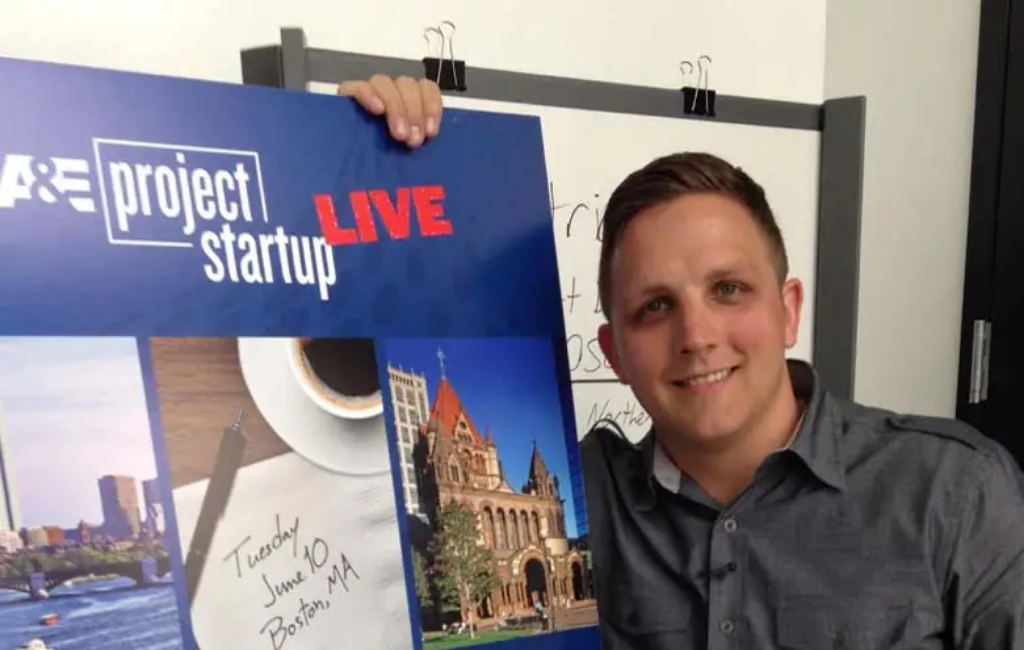
SnagaStool’s success depended on its ability to convince bars to participate in the platform and allocate a portion of their inventory to the service. The challenge lay in demonstrating the value proposition to both customers and bar owners. The company aimed to bring back the personal connection between bartenders and patrons, emphasizing an enhanced customer experience as a key element of its strategy. The founders mentioned that they were not taking revenue from their initial partner bars, framing it as a proof of concept phase.
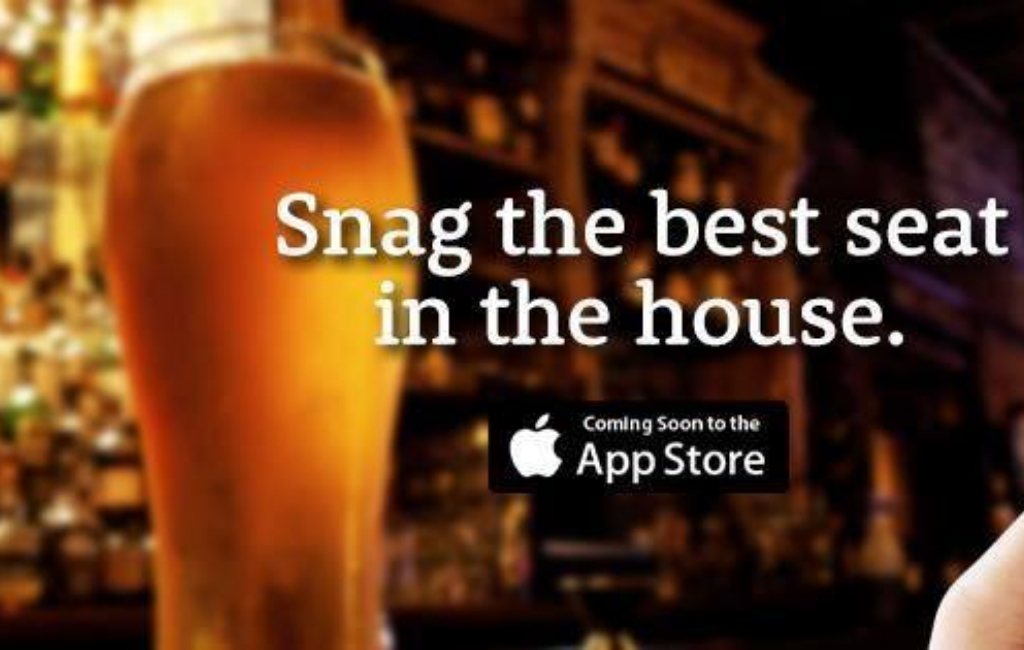
The company’s structure and organizational details were not elaborated on during the Shark Tank presentation. Overall, SnagaStool’s performance at the time of the pitch reflected a company in the early stages of development, seeking to validate its concept, expand its partnerships, and demonstrate the potential value it could bring to both bar-goers and establishments.
The Negotiations:
In the Shark Tank episode featuring SnagaStool, the negotiation process unfolded with a mixture of enthusiasm, skepticism, and constructive feedback from the Sharks. The founders, Jamie Manning and Dean Whitney, entered the Tank seeking a $120,000 investment in exchange for an 18% stake in their bar-stool reservation app. The Sharks engaged in a robust discussion, expressing concerns about the early stage of SnagaStool’s development and the scalability of its model. Kevin O’Leary and Mark Cuban questioned the concept’s ability to generate substantial revenue, emphasizing the importance of a solid financial strategy.
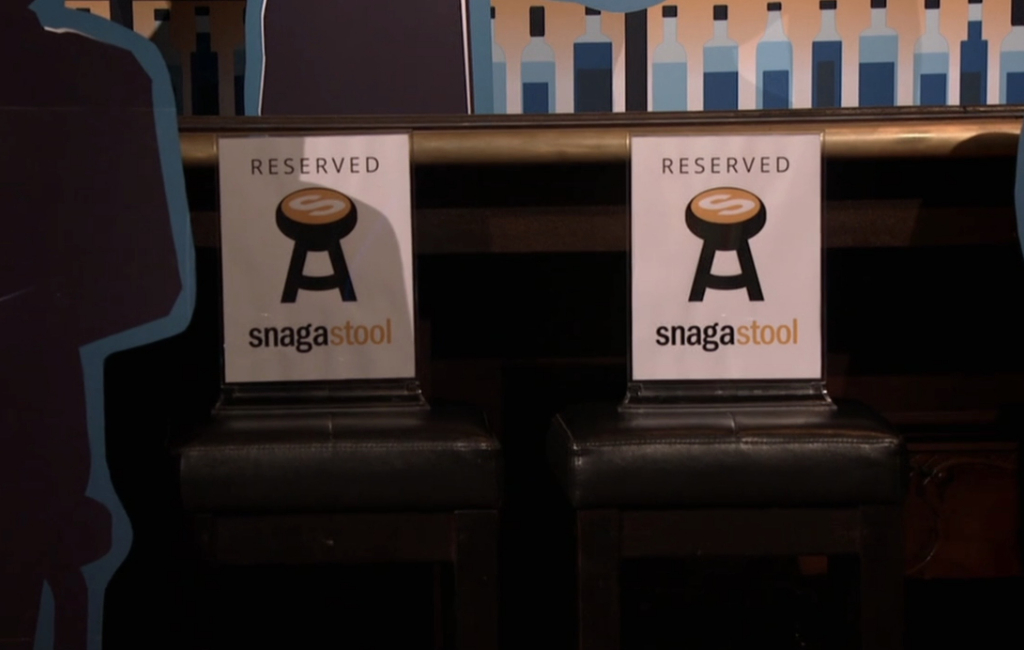
Lori Greiner acknowledged the appeal of making customers feel special but deemed it too early for investment, echoing the sentiment of the need for a proven concept. The negotiation took a turn when Mr. Wonderful, Kevin O’Leary, suggested a potential avenue for success – securing valuable real estate in popular bars during peak times. He proposed a scenario where SnagaStool could guarantee bars a set amount of money for specific seats, providing a guaranteed revenue stream during high-demand periods. Despite the intriguing ideas presented by the Sharks, none of them made an offer to invest in SnagaStool.
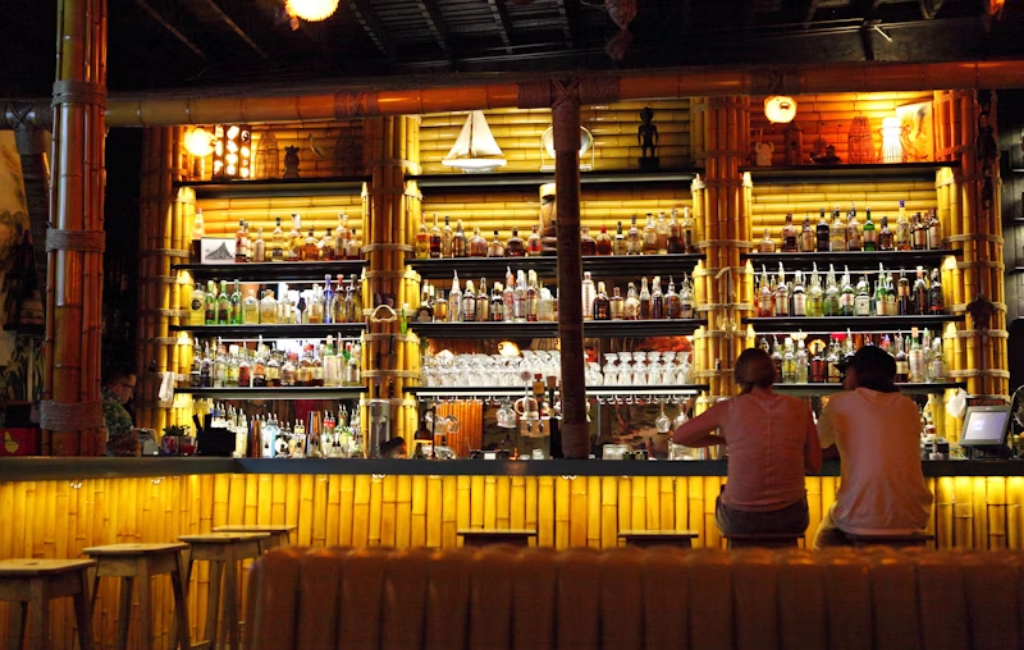
Mark Cuban, Kevin O’Leary, Lori Greiner, and Daymond John expressed reservations about the early stage of the business, the limited number of partnerships (three Boston bars), and the need for a more established proof of concept. Ultimately, the negotiation concluded with all Sharks opting out, citing concerns about the model’s early stage, limited partnerships, and unproven scalability. While the Sharks provided valuable insights and suggestions, SnagaStool left the Tank without securing an investment deal, prompting the founders to express confidence in the app’s potential and their determination to take it to the next level.






